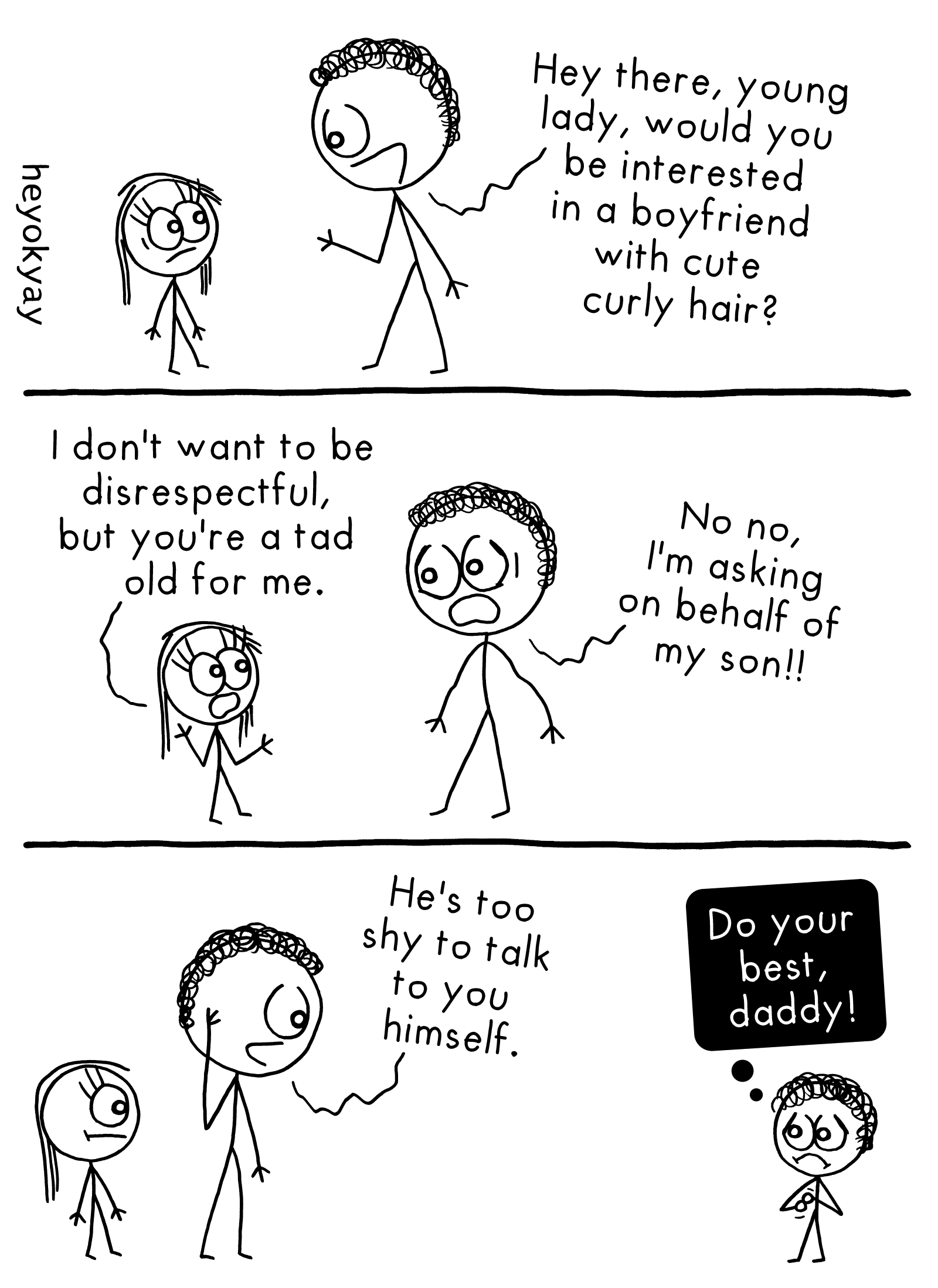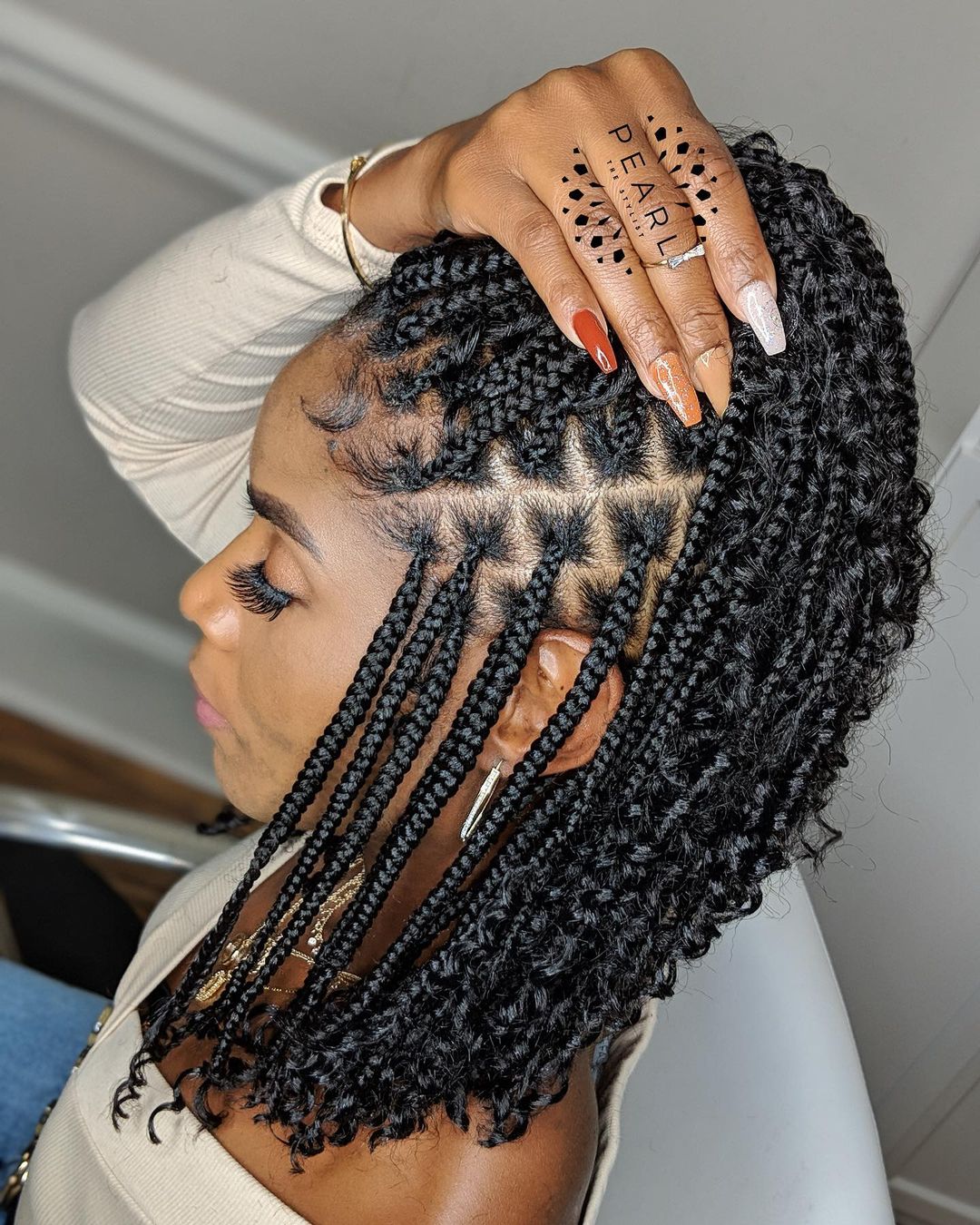Table Of Content

Of course, if you have drier hair, you should wash less often. On the flip side, women after menopause have a decrease in androgens, which leads to less oil production. These factors can affect when you should wash your hair. Oil (sebaceous) glands produce less sebum as you age, so you may not need to shampoo as often as you once did. For those with conditions like dandruff, a different approach to hair hygiene may be needed.
Is it okay to wash your hair once a week?
How often you shampoo your hair really depends on you and your hair. "There are no strict rules about how often you should wash your hair," says dermatologist Iris Rubin. "Many factors come into play, including how oily your scalp is, your hair type, and if you engage in strenuous exercise that causes you to sweat (and in turn requires more frequent washing)." The question of how often we should all be washing our hair doesn't exactly come with a one-size-fits-all answer. In fact, it has to do with everything from the type of hair you have (dry, oily, thick, thin) to the kind of climate you live in. But to help us get some insight on how we should go about shampooing our hair, we turned to a few experts.

What determines how often you should wash your hair?

Sebum is an important part of beautiful, well-defined curls, because curly hair needs more moisture to stay soft and prevent frizzing. It’s also important to find a shampoo and a conditioner tailored to your hair type. Drier hair types can use thicker, more moisturizing products, while oily hair benefits from lightweight versions. Unfortunately, there’s no easy answer here because it all depends on your hair type and styling habits.
How Often Should You Wash Your Hair?
How do you know if you’re over-washing your hair, though? If your hair feels soft and lubricated, but not oily, in the middle of the day, you’re likely washing your locks the right amount. Washing your hair is commonly viewed as a straightforward, routine form of self-care. But the more that’s researched about how this seemingly simple task affects your hair health, the more confusion there seems to be about how you should wash your hair, what products to use, and how often to do it.
Are sulfates bad for your hair? We asked a dermatologist's opinion - NBC News
Are sulfates bad for your hair? We asked a dermatologist's opinion.
Posted: Tue, 27 Feb 2024 08:00:00 GMT [source]
We tried 30+ shampoos to find the best for many hair concerns in 2024 - New York Post
We tried 30+ shampoos to find the best for many hair concerns in 2024.
Posted: Tue, 02 Jan 2024 08:00:00 GMT [source]
But if you wash hair too often for your hair type, "it could be very drying to the hair, depending on the ingredients in the shampoo," King says. Whereas if you wait too long in between shampoos, "you could end up with a scalp that is very clogged, meaning hair won't be able to grow out of the follicle the way and at the rate that it's supposed to." The truth is, when it comes to shampooing (and then re-washing) your hair, you should consider your hair's length and just how dirty it is.
"Our hair is not made equally and needs special care. Finding what works best for you — in terms of the right shampoo and frequency of washing— can take trial and error and doing some research." “I typically advise patients to keep to a standard hair washing schedule, whether it is three times per week, weekly or once per month, regardless of activity level,” she says. To avoid drying out your ends, you should concentrate the shampoo in your scalp only. Conditioner helps to replenish moisture in the middle and ends of your hair. Kingsley tells us you can also use a balancing serum the evening before you shampoo as well as an exfoliating pre-wash scalp mask the day you shampoo.
But the water-only method also leaves out any moisturizing you get from conditioner or hydrating shampoos. If you wash with conditioner only, be sure to avoid any hair care products, including conditioner, with silicone. Silicone can give your hair a soft, smooth feel, but it can also build up on the hair and make it limp and greasy-looking. Skipping shampoo means that you won’t remove any of the silicone buildup. Ingredients ending in -cone like cyclomethicone, dimethicone, and amodimethicone are all silicone. Shampooing less often is more of a personal preference.
You can also re-wet your hair and condition it more often, too,” Lamb says. This is sometimes called "co-poo" for using conditioner to shampoo. “Regardless of how your hair feels, though, don’t go longer than 14 days, ever,” Lamb says, who doesn’t buy into the total ‘no poo’ movement. Find out when to shampoo depending on whether your hair is thick, thin, oily, dry or anything in between.
Ahead, dermatologists Dr. Iris Rubin and Dr. Mona Mofid and hairstylist Cassandra Olivia answer the most common questions about shampoo and detail exactly how often you should wash your hair. It works by getting rid of oil in the scalp while providing more volume to flat hair. There are different dry shampoo variations for oily and normal hair types. Another exception might be after a hard workout where your scalp and hair are left drenched in sweat.
Hughes recommends shampooing after sweaty workouts and anytime you wear a hat or helmet for extended periods of time. The amount of time between when someone should wash their hair is different for each person. Most people tend to wash their hair every other day or even every two to three days.
See below for our professional stylist-approved guide to how often you should be shampooing your strands, based on your hair type. She says it’s more important to consider your hair type, texture and amount of oil production you usually experience. Oil glands, also called sebaceous glands, are only present in your scalp. This oil (or sebum) needs to make it all the way down each hair strand to the ends in order to moisturize it.
“If hair is visibly oily, scalp is itching, or there’s flaking due to dirt,” those are signs it’s time to shampoo, Goh says. Experts say there's no single answer to how often people should shampoo. It usually comes down to personal preference -- and your hair's texture. For guidance, take a look at your hair type and styling choices. "Washing your hair is not a one-size-fits-all process," says Erinn Courtney, a hairstylist and natural hair expert in Los Angeles.
If you have oily hair, you may have considered this technique. However, there’s no proof that washing your hair less often will reset your scalp’s sebaceous glands. There's nothing much better than that squeaky clean feeling once you've showered and shampooed—so if you want to wash your hair every day, it's totally understandable.
This is because, "People with fine hair naturally have more sebaceous (oil) glands on their scalp, so fine hair gets oily faster than other hair textures. It also becomes weighed down easily," says Kingsley. Conditioner is one of the most important steps for healthy hair, according to a report from Johns Hopkins. While everyone can benefit from conditioner, people with dry hair should use conditioner every time they wash their hair. Pay special attention to the ends of your hair when you use conditioner.











